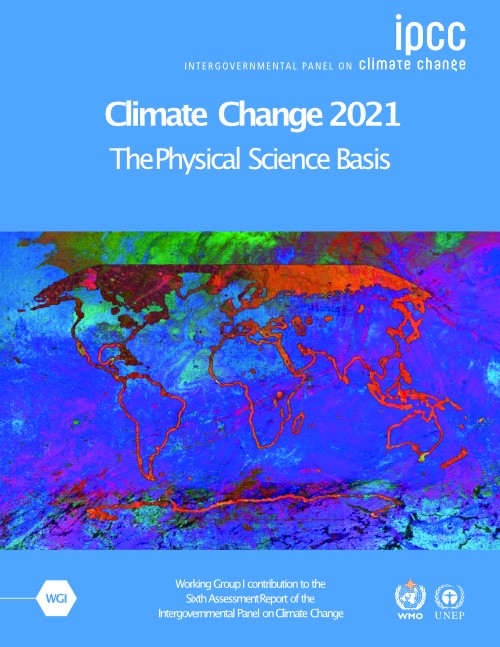Gepubliceerd op 9 augustus 2021
About the IPCC
The Intergovernmental Panel on Climate Change (IPCC) is the United Nations body for assessing the science related to climate change. It was created to provide policymakers with regular scientific assessments on climate change, its implications and potential future risks, as well as to put forward adaptation and mitigation options.
Through its assessments, the IPCC determines the state of knowledge on climate change. It identifies where there is agreement in the scientific community on topics related to climate change, and where further research is needed. The reports are drafted and reviewed in several stages, thus guaranteeing objectivity and transparency. The IPCC does not conduct its own research. IPCC reports are neutral, policy-relevant but not policy-prescriptive. The assessment reports are a key input into the international negotiations to tackle climate change. Created by the United Nations Environment Programme (UN Environment) and the World Meteorological Organization (WMO) in 1988, the IPCC has 195 Member countries. In the same year, the UN General Assembly endorsed the action by WMO and UNEP in jointly establishing the IPCC.
Reports
The IPCC prepares comprehensive Assessment Reports about the state of scientific, technical and socio-economic knowledge on climate change, its impacts and future risks, and options for reducing the rate at which climate change is taking place. It also produces Special Reports on topics agreed to by its member governments, as well as Methodology Reports that provide guidelines for the preparation of greenhouse gas inventories.
The IPCC is currently in its Sixth Assessment cycle, during which the IPCC will produce the Assessment reports of its three Working Groups, three Special Reports, a refinement to the methodology report and the Synthesis Report. The Synthesis Report will be the last of the AR6 products, due for release in 2022.
 6th Assessment Report
6th Assessment Report
Today (August 9th), the IPCC published the first part of its 6th assessment report (Assessment Report 6 - Working Group 1: the scientific basis of climate change).
This report, work on which began in 2017-2018, brings together the most recent and comprehensive scientific knowledge of the climate system and climate change to date. The previous report of this type dated from 2013-2014.
As in the past, the four different volumes of the evaluation report will be published gradually:
- Physical science basis to climate (covered by working group 1 — published today);
- Consequences, adaptation and vulnerability (working group 2 — 2022);
- Climate change mitigation (working group 3 — 2022);
- The synthesis report (2022).
This new report will arrive right on time, as in 2023 the progress in achieving the goals of the Paris Agreement will be reviewed, particularly with regard to the objective of keeping global warming well below 2° C while continuing efforts to limit it to 1.5° C.
The IPCC reports will also provide elements for the assessment of the 17 Sustainable Development Goals (SDGs) that the Member States of the United Nations have set for themselves by 2030.